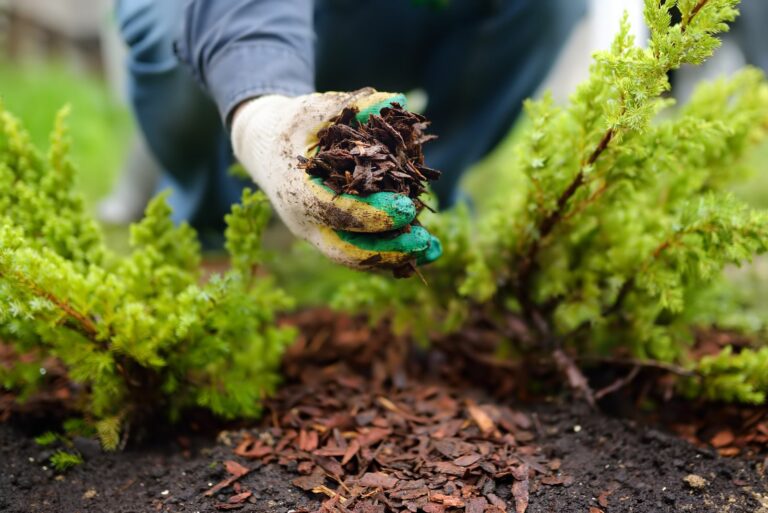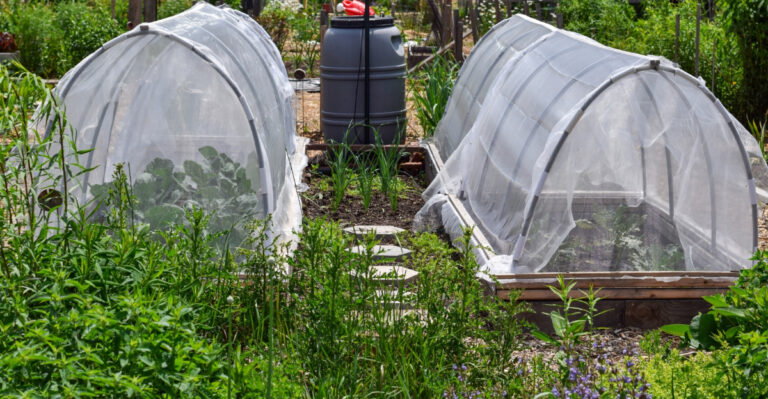The Thanksgiving Weekend Task Michigan Gardeners Should Never Skip Before Winter
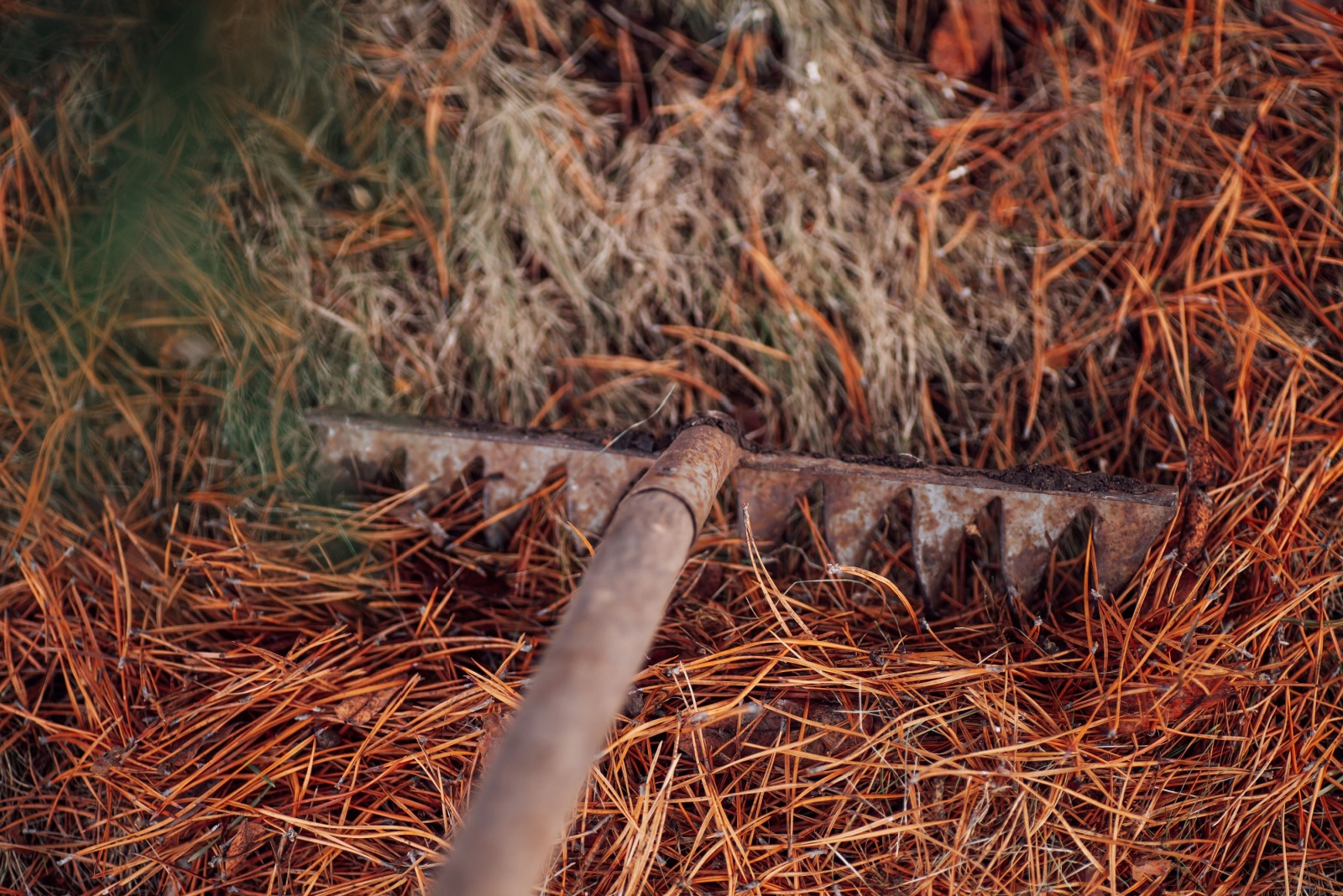
Thanksgiving weekend in Michigan marks the perfect time to prepare your garden for the harsh winter months ahead.
Adding a fresh layer of mulch might not sound exciting, but it can make or break your garden’s survival through freezing temperatures and heavy snow.
Smart gardeners know that spending a few hours mulching now saves countless hours of repair work come spring.
Protects Plant Roots From Freezing Temperatures
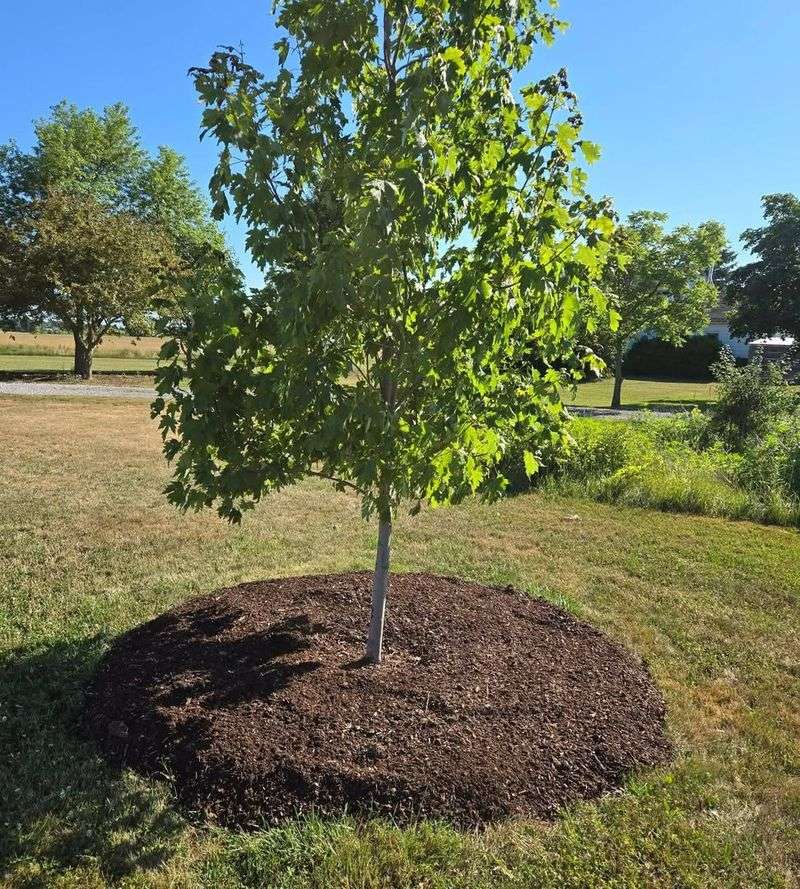
Michigan winters can be brutal on plant roots, with temperatures dropping well below freezing for weeks at a time. Mulch acts like a cozy blanket, insulating the soil and keeping root systems from experiencing shock when cold snaps hit.
Without this protection, your perennials and shrubs face serious damage. A three to four inch layer creates the ideal buffer zone.
Your plants will thank you when they emerge healthy and strong next spring instead of struggling to recover from winter damage.
Prevents Soil Erosion During Snow Melt
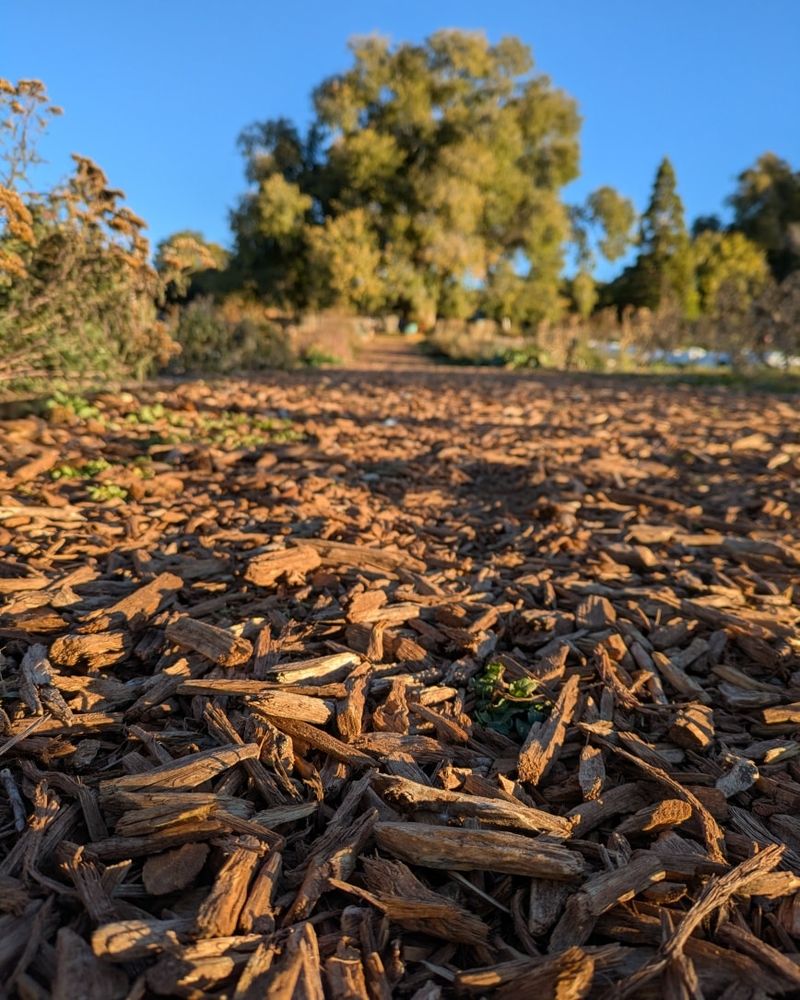
Spring thaw in Michigan can wash away precious topsoil if your garden beds sit unprotected through winter. Melting snow creates streams of water that carry nutrients and soil right down the driveway.
Mulch holds everything in place like a protective net. It slows water movement and allows moisture to soak into the ground gradually rather than rushing across the surface.
Your garden maintains its shape and keeps all that rich soil exactly where you want it, ready for planting season.
Reduces Weed Growth In Early Spring
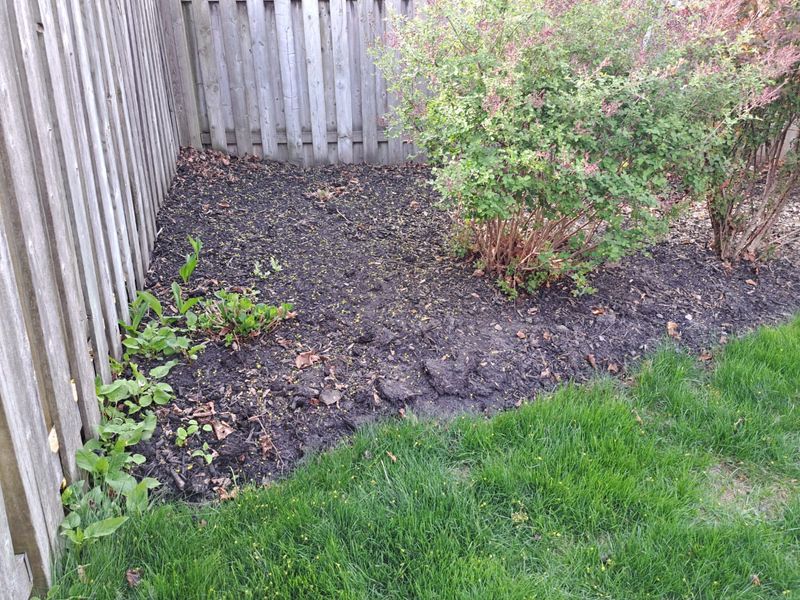
Applying mulch before winter gives you a head start against the weed battle that begins each spring. Seeds lying dormant in your soil need sunlight to germinate and start growing.
A proper mulch layer blocks that light completely, stopping weeds before they even start. You will spend far less time pulling unwanted plants and more time enjoying your garden.
Plus, any weeds that do manage to poke through loose mulch pull out easily since their roots cannot establish properly in the barrier.
Maintains Consistent Soil Moisture Levels
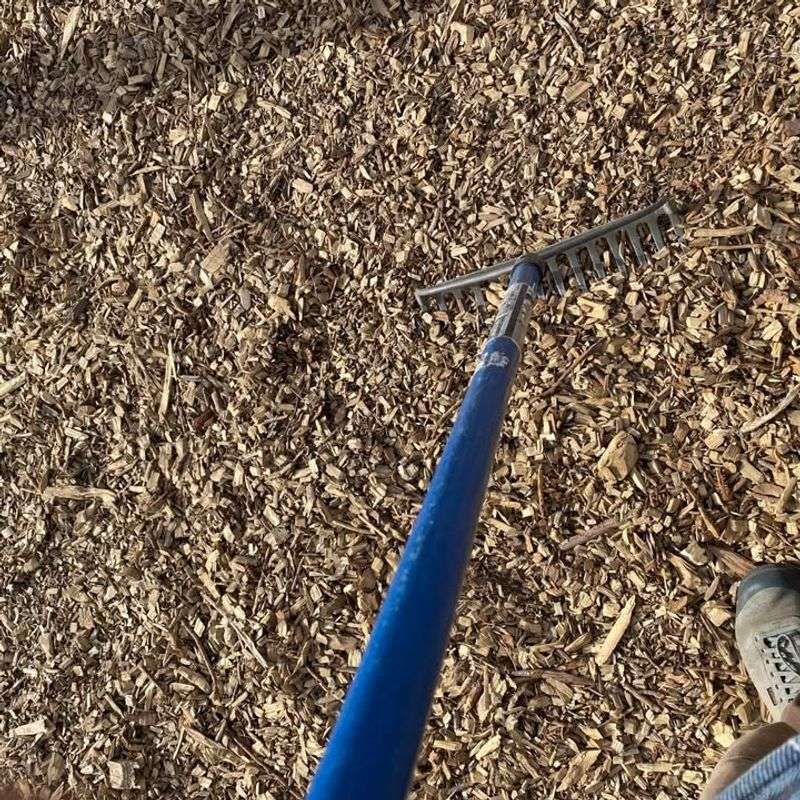
Winter in Michigan brings cycles of freezing and thawing that can dry out soil surprisingly fast. Wind whips across frozen ground, pulling moisture right out of the earth.
Mulch creates a barrier that keeps moisture locked in the soil where roots can access it. Your plants avoid the stress of constantly shifting between wet and dry conditions.
Come spring, the soil remains workable and ready for planting instead of turning into a concrete-hard block that requires serious effort to break up and prepare.
Enriches Soil As Organic Matter Breaks Down
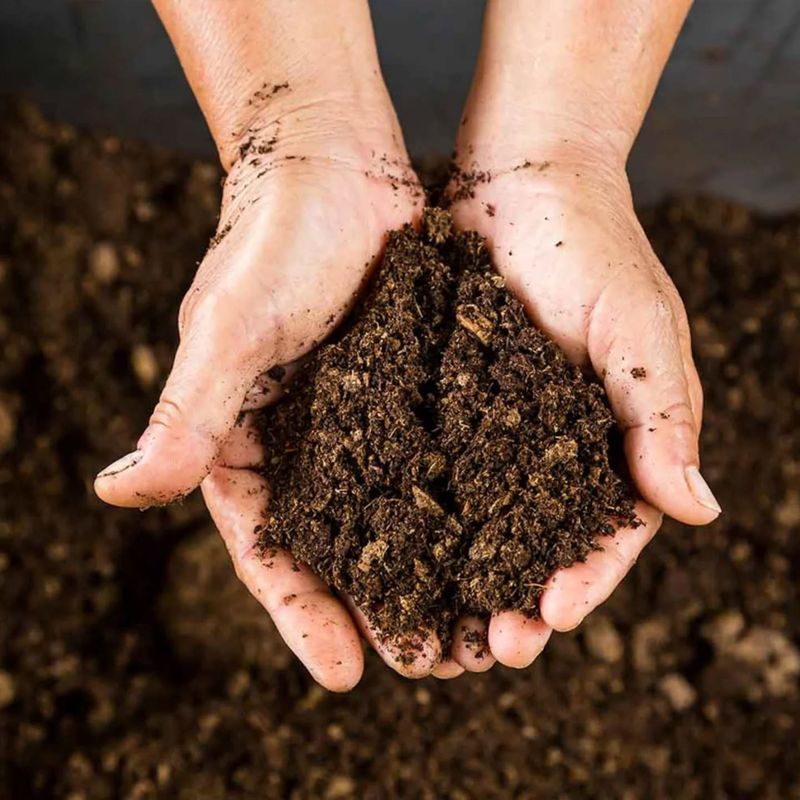
Organic mulch materials like shredded leaves, wood chips, or straw gradually decompose over winter months. As they break down, they release nutrients directly into your soil, creating a richer growing environment.
Think of it as a slow-release fertilizer that works all winter long. Earthworms and beneficial microorganisms feast on the decomposing material, further improving soil structure and health.
By spring, your garden bed has transformed into a nutrient-rich paradise ready to support vigorous plant growth without requiring expensive fertilizers or soil amendments.
Minimizes Frost Heaving Damage To Plants
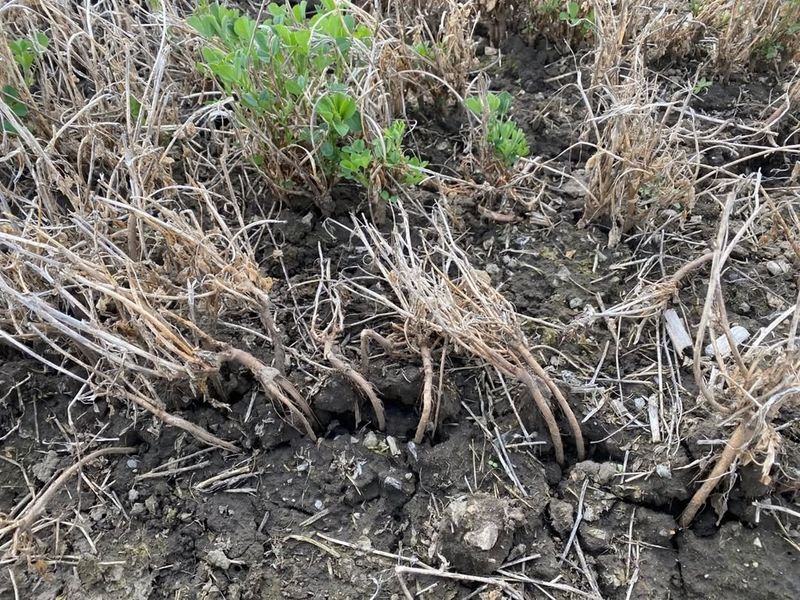
Frost heaving happens when soil freezes and thaws repeatedly, causing the ground to expand and contract like a slow-motion earthquake. Plants get pushed right out of the soil, exposing roots to cold air and drying Michigan winds.
Mulch stabilizes soil temperature, preventing these dramatic shifts that cause heaving. Your perennials stay firmly planted where they belong.
Newly planted trees and shrubs especially benefit from this protection, as their root systems have not yet established enough to anchor themselves against the powerful forces of freezing and thawing ground.
Saves Time And Money On Spring Garden Prep
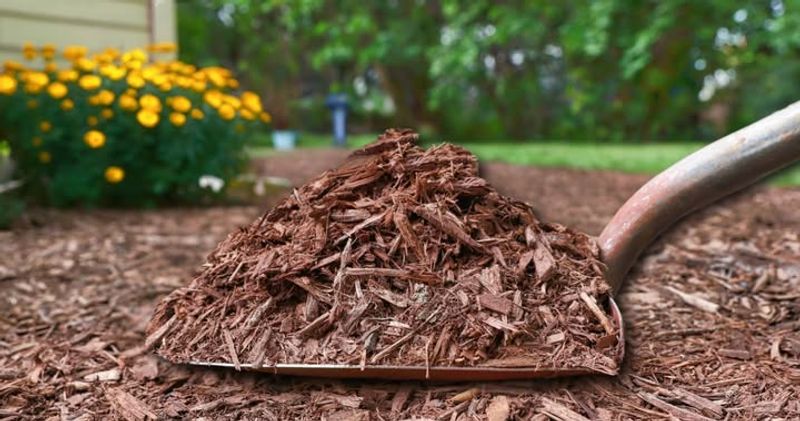
Gardeners who skip fall mulching pay the price when spring arrives. They face replacing withered plants, repairing eroded beds, fighting aggressive weeds, and amending depleted soil before they can even think about planting.
That adds up to serious time and money spent fixing preventable problems. Mulching before winter means you can start planting almost immediately when warm weather returns.
Your garden is already healthy, weed-free, and ready to go, letting you enjoy the fun parts of gardening instead of scrambling to catch up.

